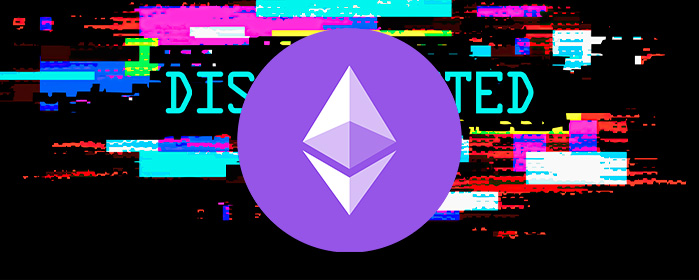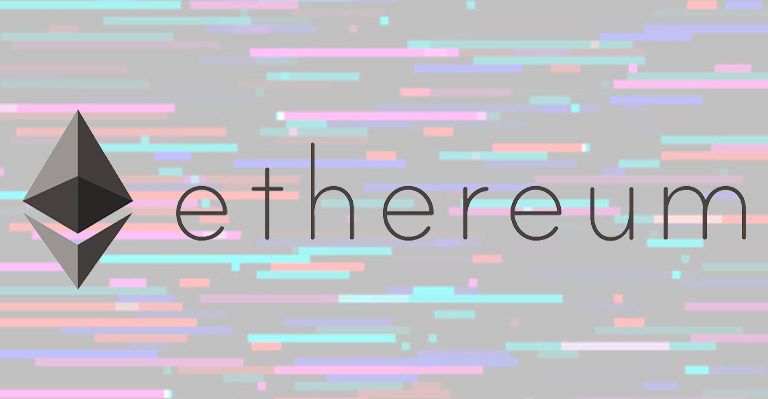The Ethereum blockchain Dencun upgrade, eagerly awaited by many, was launched on the Goerli testnet on January 17, 2024. However, it faced several obstacles during its initial launch, despite thorough preparations and a timeline established in December 2023.
The goerli fork finalized! 😀https://t.co/LIa3d4Ml5H
After the fix was patched in, the validators came back online and the chain started finalizing again. The MEV circuitbreaker automatically disables and mev-blocks have started flowing through as well.
Yay client diversity! https://t.co/cLz3ZRxnXq
— parithosh | 🐼👉👈🐼 (@parithosh_j) January 17, 2024
The Dencun upgrade was deployed on the Goerli testnet at approximately 6:32 UTC, as pledged by the developers. Unfortunately, the upgrade did not commence as anticipated. Tim Beiko, a protocol support member of the Ethereum Foundation, reported that the upgrade was unable to achieve finality, potentially leading to a chain split. Finality is the guarantee that once executed, crypto transactions cannot be reversed.
The difficulties encountered during the upgrade’s debut were attributed to low network participation, as a greater number of validators failed to update their clients. Ethereum developer Terence Tsao highlighted the insufficient participation before the Goerli fork, forecasting that finality could be compromised as participation was estimated to be around 80%.
The Role of Finality in Ethereum’s Dencun Upgrade

To provide some context, finality is likely to be lost if 10% of validators are offline. Beiko from the Ethereum Foundation has stated that developers are currently examining the issues encountered during the Goerli fork. However, it is unclear when these problems will be addressed. He wrote, “Client teams are investigating, but it may take some time to identify and rectify the issues. Stay tuned for updates!”
Before the Dencun upgrade can be launched on the mainnet, developers still need to test it on two additional testnets, Sepolia and Holesky. While the initial timeline suggested a Q1 launch for the upgrade, it is uncertain how recent mishaps will impact these plans.
EIP-4844, also known as proto-danksharding, is the most anticipated feature of the upgrade. It aims to lower fees on Ethereum Layer 2 chains by reducing the cost of data storage on the network with blobs.
Despite the initial challenges, the Ethereum community remains optimistic that the issues will be resolved and that the Dencun upgrade will be successfully implemented on the mainnet in due course.

